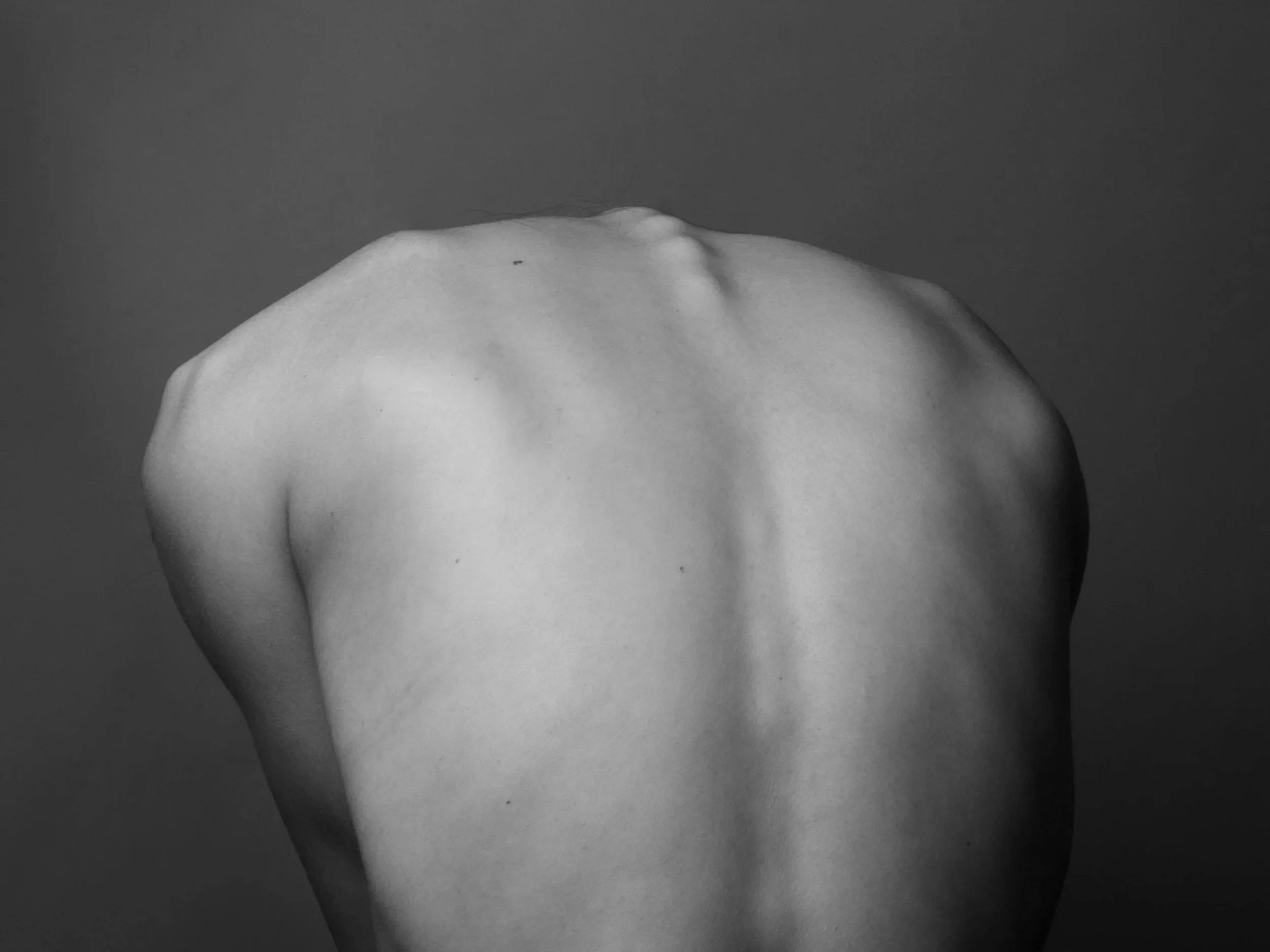For people experiencing Body Dysmorphic Disorder (BDD), these comments miss the reality of the disorder and can make an already painful experience harder to bear.
If you’re new to what BDD is, you can read our article here: What Is Body Dysmorphic Disorder and How to Get Help.
Why It’s Not Vanity
BDD is not about vanity. It’s about distressing, intrusive thoughts about appearance that can feel overwhelming and hard to control.
Recognising that this is a mental health condition, not a personality flaw, is the first step toward understanding and support.
At first glance, BDD may seem like an obsession with appearance. However, underneath that preoccupation lies deep emotional distress which can lead to anxiety and fear that interferes with daily life. A person with BDD might fixate on perceived flaws that others barely notice, and no amount of reassurance seems to make it better.
Why BDD Is Often Misunderstood
Because BDD can look like self-absorption, people may assume someone with BDD are “too self-absorbed" or “attention-seeking”. These misconceptions often lead to comments that dismiss or trivialise what the person is feeling.
This misunderstanding can make individuals hide their struggles or withdraw socially, reinforcing shame and make it harder to seek help.
Awareness and compassion, whether for yourself or someone you care about, are crucial in breaking this cycle. A simple act of validation, such as saying “I can see this is really distressing for you,” can have a powerful impact.
The Social Media Mirror
In an age of filters, editing apps, and curated feeds, the pressure to look “just right” can feel constant. For someone with BDD, this environment can intensify insecurities and make distress inescapable.
Taking breaks from heavily edited content and engaging in activities that bring joy can help restore balance and perspective. Focusing on personal strengths beyond appearance reinforces self-confidence and self-worth.
Supporting Yourself or Someone with BDD
Supporting someone with BDD, or supporting yourself through it, can feel challenging. These strategies can make the journey more manageable.
What to Do:
Acknowledge feelings and practice self-compassion: Recognise that anxiety, shame, or distress around appearance are real. Kindness, toward yourself or others, reduces tension and supports coping.
Stay connected and engaged: Spending time with friends or pursuing hobbies can help restore perspective and reinforce a sense of self beyond appearance.
Take small, steady steps: Gradually facing challenges such as reducing mirror checking or limiting avoidance builds confidence over time. Small changes build confidence and restore a sense of control over time.
Set gentle boundaries: Avoid enabling compulsive habits like repeated reassurance or excessive photo editing. Encourage balanced routines that support calm and wellbeing.
Seek professional support early: Therapy or support groups can provide effective strategies for managing symptoms and reducing isolation and promoting lasting recovery. Professional input can also help loved ones learn how to offer the right kind of support.
What Not to Do:
Minimise or dismiss feelings: Comments like “Everyone worries about their looks” can feel invalidating and deepen shame.
Make jokes about appearance: Even casual remarks can intensify anxiety or self-consciousness.
Encourage cosmetic procedures: Surgery or aesthetic fixes rarely address BDD and may worsen distress.
Argue or reason logically: BDD is driven by perception and emotion, not rational thinking. Focus on listening instead.
Lose patience: Recovery takes time. Celebrate small wins and maintain consistent compassionate support.
Seeking Support
BDD is a mental health condition rooted in distress and distorted self-perception, not vanity. Recognising this and offering compassion are powerful first steps toward recovery.
Therapy and professional support can make a significant difference, but healing often begins with simple acts: listening without judgment and showing understanding in thoughtful ways.
With patience and the right support, it’s possible to navigate BDD with greater clarity and confidence. You don’t have to face this alone.

